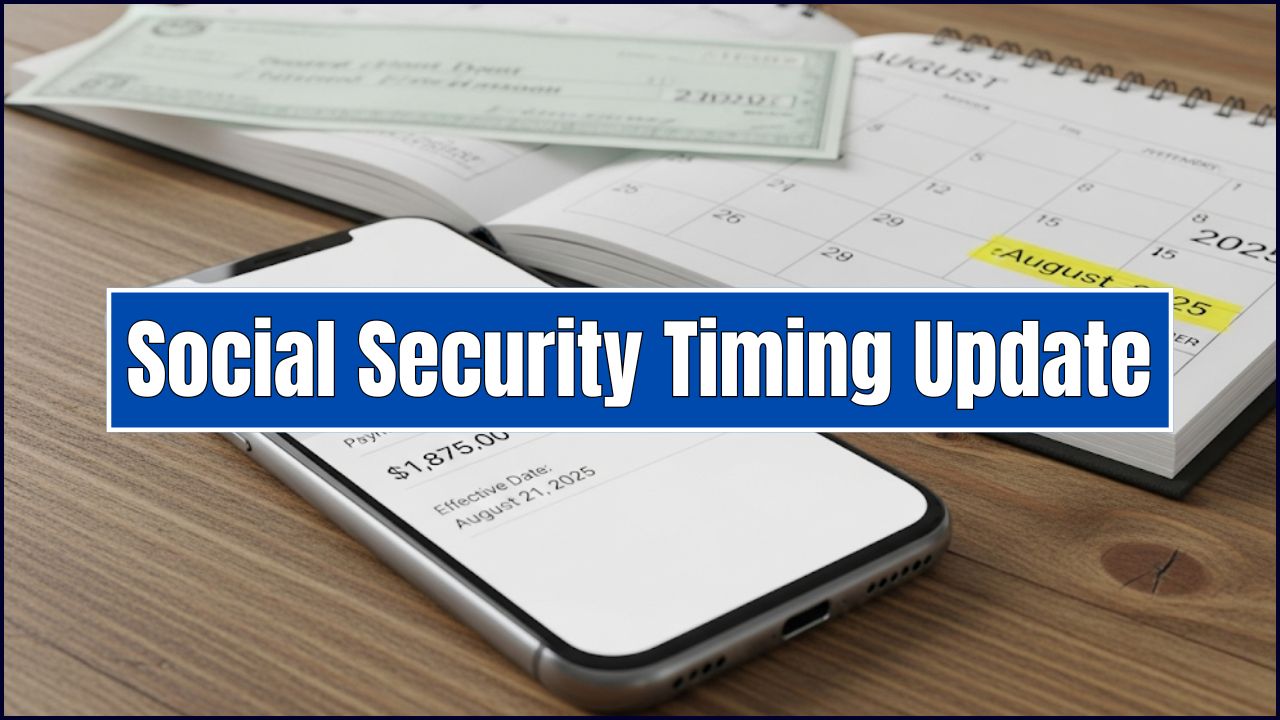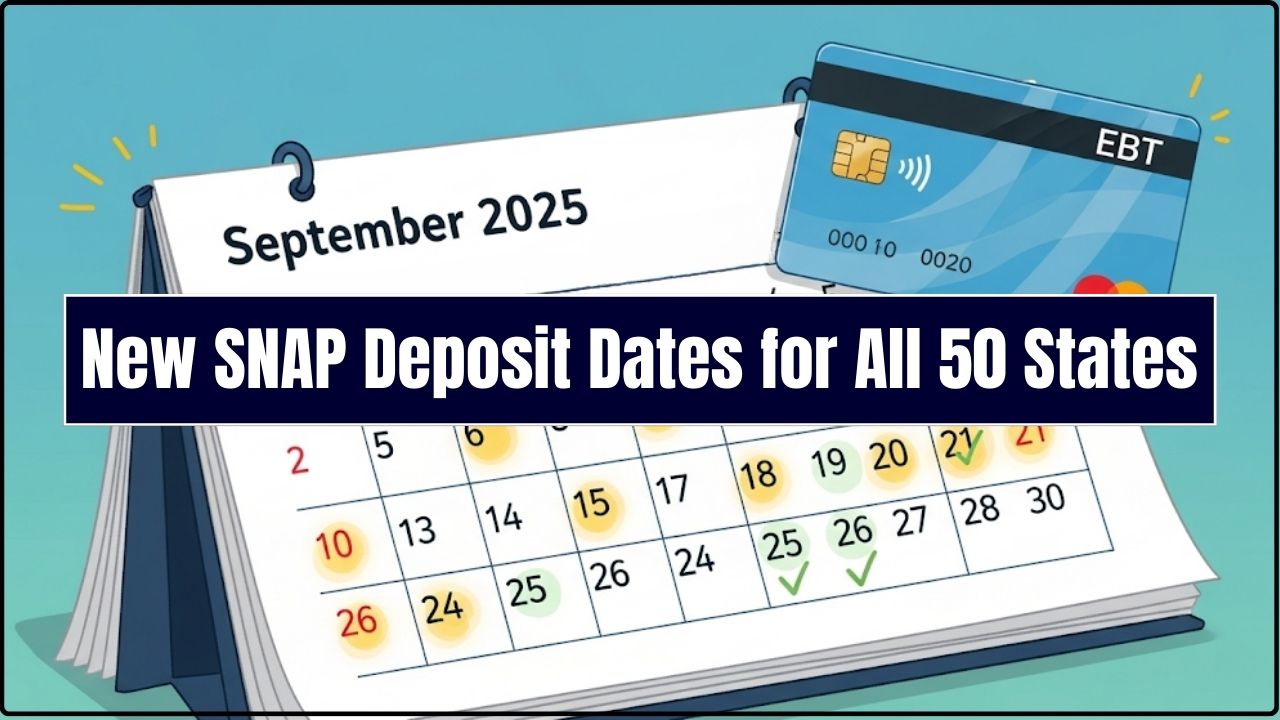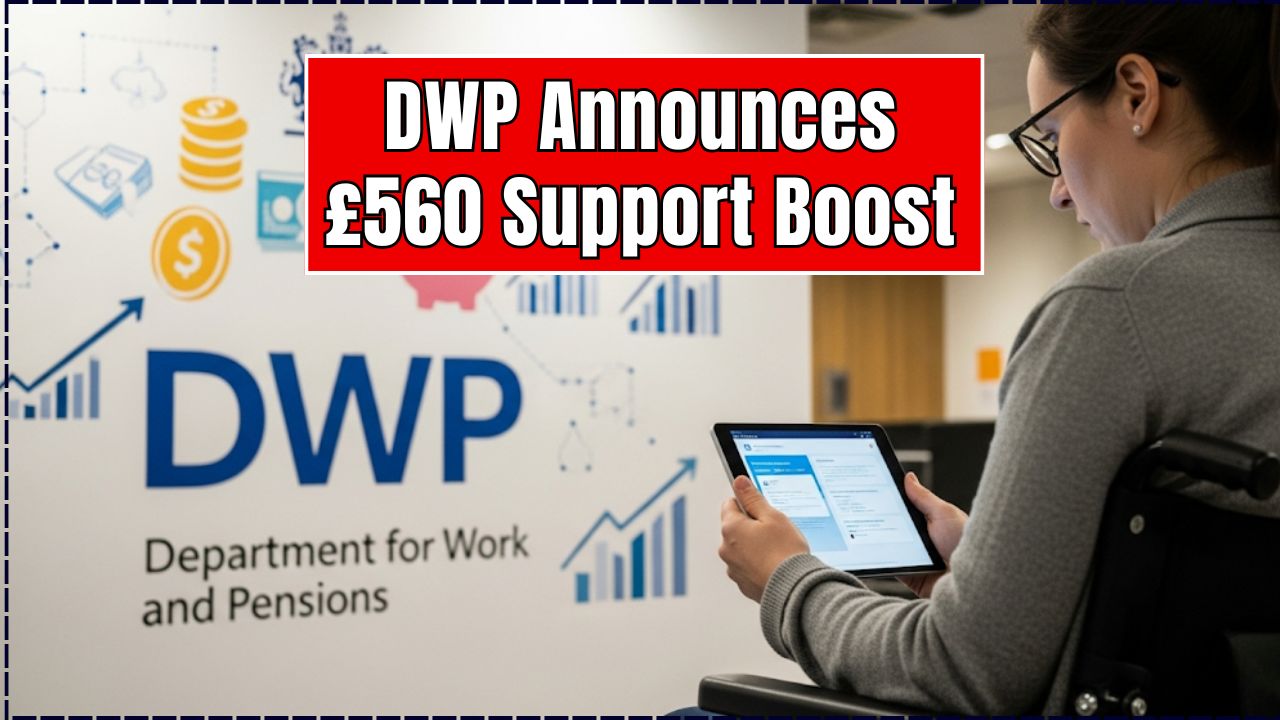The DWP sets deadline for direct bank account seizures, and folks across the UK are starting to sit up and pay attention. Beginning in April 2026, the Department for Work and Pensions (DWP) will have new legal powers to directly recover money from suspected benefit fraudsters’ bank accounts. Yeah, you read that right—they’ll be able to dip straight into accounts if they believe someone owes the government for overpayments or fraudulent claims.

This move comes under the Public Authorities (Fraud, Error and Recovery) Bill, which has been stirring up a storm of debates, from Parliament halls to kitchen tables. While the DWP argues this crackdown will save taxpayers billions, critics are waving red flags about privacy, wrongful targeting, and the possibility of another Horizon-style scandal.
DWP Sets Deadline for Direct Bank Account Seizures
| Key Point | Details |
|---|---|
| Deadline | April 2026: DWP can directly seize funds from bank accounts |
| Legal Framework | Public Authorities (Fraud, Error and Recovery) Bill |
| Estimated Savings | £500 million annually (UK Gov estimate) |
| Fraud Losses | £8.6 billion in 2023–24 due to fraud and error |
| New Powers | Direct recovery orders, search & seizure, employer deductions |
| Controversy | Privacy risks, vulnerable claimants at risk, potential errors |
The DWP’s direct bank account seizure powers mark one of the biggest shakeups to the UK’s welfare system in years. While the goal is to save taxpayers money and crack down on fraud, the risk of harming vulnerable claimants is real. As the April 2026 deadline approaches, it’s critical for people to stay informed, keep records clean, and understand their rights.
This isn’t just a UK issue—it sparks a global debate about privacy, government power, and fairness in welfare systems.
Why Is the DWP Doing This?
Every year, the UK loses billions of pounds to welfare fraud and unintentional overpayments. In 2023–24 alone, about £8.6 billion went missing through fraud and error. That’s a chunk of change that could fund hospitals, schools, or public services. The government says these new powers are about protecting taxpayers’ money and making sure the system stays fair.
Think of it like this: if you were paying into a pot for community BBQs and someone was sneaking extra sausages on their plate, you’d probably want some rules in place to stop it. That’s the DWP’s angle—they want to tighten the system.
A Quick Look Back: History of Benefit Crackdowns
This isn’t the first time the UK has cracked down on welfare abuse. Since the 1990s, governments of all parties have rolled out “zero tolerance” fraud campaigns, TV ads warning about “grass your neighbor,” and stronger penalties for misreporting income. What makes this bill different is the direct financial enforcement—instead of chasing debts in court, the DWP can swoop in.
Compare it with the U.S. IRS: in America, if you underpay taxes, the IRS can garnish wages or seize accounts after due process. The UK is essentially borrowing that playbook but applying it to welfare.
What Are the New Powers Exactly?
The bill isn’t just about bank seizures—it’s a package of tough tools. Here’s a breakdown in plain English:
1. Direct Recovery Orders
- The DWP can order money to be pulled directly from someone’s bank account.
- It could be a one-off lump sum or ongoing deductions.
- Even joint accounts or crypto wallets aren’t safe from scrutiny.
2. Entry, Search, and Seizure
- With a court warrant, investigators can enter homes or offices to seize evidence.
- That’s basically giving them “cop-like” powers.
3. Employer Deduction Orders
- Employers can be required to deduct money straight from paychecks, like child support orders.
4. Civil Penalties
- On top of paying back the alleged fraud, penalties could equal 100% of the amount claimed. Double whammy.
5. Driving Licence Disqualification
- Yep, if debts aren’t repaid, the DWP can even suspend a driving licence.
Comparison Table
| Feature | Old System (Pre-2025 Bill) | New System (Post-2025 Bill) |
| Debt Recovery Method | Primarily through benefit deductions or voluntary repayment plans. For serious cases, a court order was required to seize assets. | DWP can directly seize funds from bank accounts for specific debts. Other methods like benefit deductions and voluntary repayments still exist. |
| Legal Process | Required a court order for bank account seizures or asset confiscation. | DWP can issue “direct deduction orders” without a court order, streamlining the process. |
| Who is Affected? | Primarily individuals currently receiving benefits with an overpayment. | Individuals who have an overpayment debt, regardless of whether they are still receiving benefits, including those with savings who refuse to repay. |
| Safeguards | Established legal frameworks and court oversight for asset seizures. | New safeguards will be introduced, including a statutory code of practice and an independent review process to ensure powers are used proportionately. |
Case Studies: When Fraud Gets Real
- Case 1: Savings not declared
A claimant forgot to report a £12,000 inheritance. Their account flagged a balance over the Universal Credit threshold. Result? £3,000 clawed back plus penalties. - Case 2: Partner’s income ignored
A claimant reported being single but was living with a working partner. DWP investigators caught joint rent payments. Debts recovered through payroll deductions.
These examples aren’t extreme—they happen daily. The new law just makes recovery faster.
Supporters vs. Critics
This is where the tea gets spilled.
- Supporters (mainly government officials) argue these changes will save £500 million a year, keep fraudsters in check, and restore faith in the system.
- Critics (including Labour MPs, watchdogs, and privacy advocates) warn of:
- Vulnerable people getting caught in the crossfire.
- Algorithms misidentifying honest claimants.
- Privacy rights being trampled without proper suspicion thresholds.
If you’re from the US, think about the IRS directly freezing your account without first proving guilt in court—it’s a similar vibe. Folks are nervous this could create a “guilty until proven innocent” culture.
The Digital Privacy Angle
The DWP says they won’t see transaction details, only red-flag data. But watchdogs aren’t convinced. Algorithms can make mistakes. For example, someone moving savings temporarily could be flagged unfairly. Critics compare this to Horizon Post Office IT failures, where faulty software ruined thousands of innocent lives.
Global Comparison
- U.S. Social Security Administration (SSA): They recover overpayments via check reductions, not direct bank raids.
- Australia Centrelink: Uses income-matching algorithms but has faced scandals over wrongful debt collection (“Robodebt”).
- Canada: Relies more on audits and voluntary repayment.
In short: the UK’s 2026 approach is one of the toughest globally.
Practical Advice: A Claimant’s Checklist
Here’s a no-nonsense guide to staying safe:
Update Your Records: Report changes in savings, work, or household.
Use Benefit Calculators: Gov.UK benefits calculator.
Keep Paperwork: Bank statements, pay slips, inheritance records.
Ask for Help: Citizens Advice or welfare charities can assist.
Plan Ahead: If savings are close to the limit, know how it impacts your benefits.
FAQs
Can the DWP take all my money?
No. They’re supposed to leave you with enough for living expenses, but rules aren’t crystal clear yet.
Will this affect my credit score?
Not directly. But unpaid debts referred to collectors could impact credit.
What if my bank makes a mistake?
You can challenge, but appeals may take time. That’s a major worry for watchdogs.
Can they freeze my wages before proving fraud?
Yes, employers may be ordered to deduct money, though you can contest.
Impact on Banks and Employers
This law doesn’t just affect claimants. Banks will need to set up monitoring systems, which could mean higher compliance costs. Employers could also face admin burdens, like child support enforcement in the U.S. Some business groups are already raising concerns.
Public Opinion and Politics
The law has sparked a Labour revolt—some MPs argue it risks punishing the poor while chasing headline fraud figures. Advocacy groups like Liberty warn it’s another step toward state surveillance creep. Expect this debate to keep simmering well beyond 2026.
Future Outlook
Once April 2026 hits, we’ll likely see test cases where claimants challenge seizures in court. If safeguards prove weak, Parliament may need to tweak the rules. On the flip side, if the system saves money without major errors, expect the powers to expand even more.












